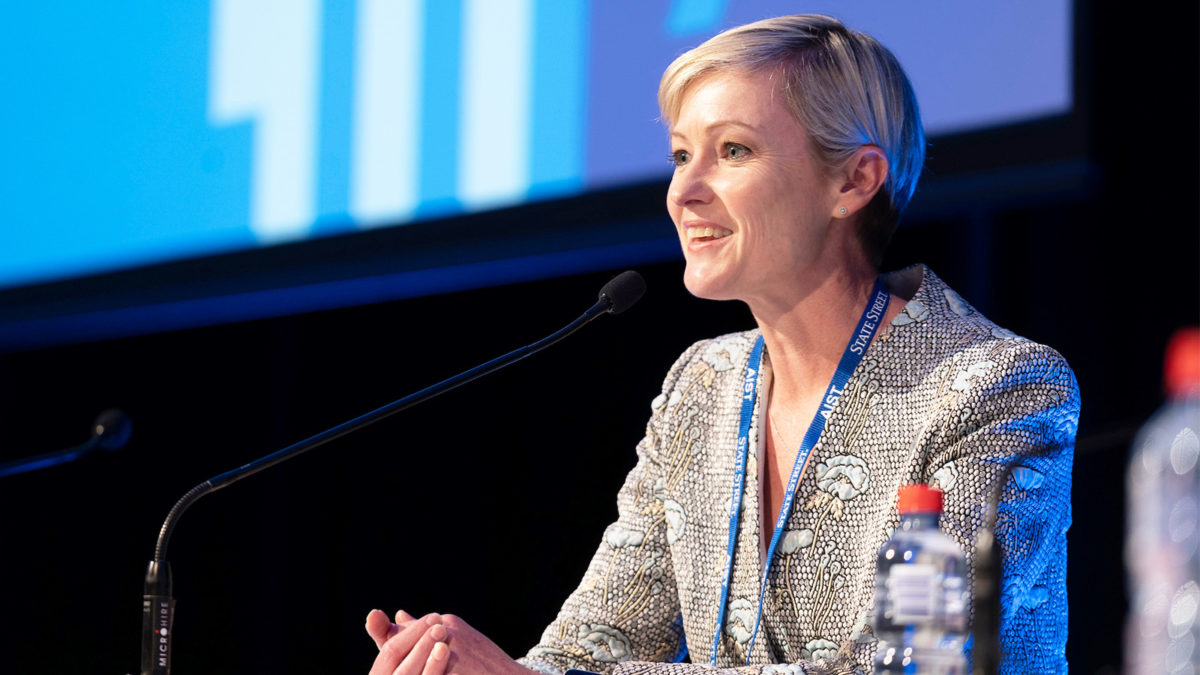CIOs go ‘back to basics’ as YFYS, volatility bites
“This sort of environment does give you the opportunity to really assess your portfolio in terms of whether everything is working as you expect,” Andrew Howard, Equipsuper CIO, told ASI on Thursday (June 16). “… It can be quite valuable in terms of the due diligence you do and establishing a robust framework and making sure you’re getting reward for the risk you’re taking in the portfolio.”
But the number of considerations for investors has only grown; while fee sensitivity has always been a feature of the superannuation landscape, it’s been amplified by mergers that allegedly bring them down; meanwhile, heat map peer comparisons and the Your Future Your Super (YFYS) test are combining to make the life of CIOs harder. It can be quite difficult to make the right decision when trading off all those competing priorities, Howard said – heightening the probability that the decision made works out not to be in members’ best interests.
“It is a little bit of a maze,” Howard said. “I think the introduction of YFYS has just thrown another objective in the works that we need to sort of manage for, and sometimes they do compete; that’s the reality. We’ve talked about integrating ESG and sustainable investing and all these other things that you’re not rewarded for by YFYS.”
“We do want to be genuine long-term investors, and sometimes that can be quite problematic when you think about the blunt tool we need to be mindful of.”
There’s no perfect solution for all these competing problems, but Howard says the environment super is currently in requires “going back to basics” – sticking with a strategic asset allocation (SAA) framework that will deliver a consistent pattern of returns while taking advantage of the opportunities emerging in a distressed market – and understanding that perfect might be the enemy of good.
“Part of that, depending on your decision making framework, is to make sure that the ultimate decision maker, whether it be an investment committee or a board, understands sometimes the trade-offs that need to be made to safely navigate through that,” Howard said. “But I think in this environment, go back to basics. Focus on diversification – it’ll place you well in the long-term.”
Back to basics also applies to how funds are communicating with members at a time of wild market volatility. With choice of investment, members have inadvertently been given the ability to switch options at a bad time, and Mercer Pacific CIO Kylie Willment says that funds should be communicating with members about their time horizons to make sure they really are in the option best suited for them in an “investing 101” approach to avoid the kind of switching that went on at the bottom of the Covid crash.
But on the issue of YFYS, it’s hard to get back to basics. When Willment looked at the composition of tracking error across the Mercer portfolio, she found that the active risk in equities, global and domestic, was not a huge contributor; where the tracking error manifested was actually in private markets, where APRA uses benchmarks focused on the Australian market that are wildly mismatched with how funds actually invest. There’s nothing to be done about that, Willment says, short of taking them out of the portfolio – and doing that wouldn’t be in members’ best interests.
“It is really an SAA-relative test which can be in very real tension with the thing you’re trying to do, which is an absolute type of outcome in terms of total returns and total retirement balances,” Willment said. “But the reality is that it’s the system in which we now operate and you’ve got to work out how to balance those multiple objectives.”
Willment says Mercer has also done a “fair bit of thinking” about modern slavery risk in portfolios through a risk-based approach that does include countries where there are larger exposures. But larger sovereign risks also loom; in the aftermath of Russia’s invasion of Ukraine, the exposure that super funds have to China has come under scrutiny, with fears of a repeat of the Treasury and APRA forced divestment from Russia if China were to invade Taiwan. Interestingly, Aware Super CIO Damian Graham noted that the fund’s exposure to China is effectively benchmark, with some “modest” unlisted exposures through private equity.
During the Russia divestment, Equipsuper’s exposure was a handful of basis points that was quickly shifted to zero (mindful of the fact that it was actually impossible to get out of the country).
But funds are exposed to China “more than they actually think or know” – it’s not just thinking about the weight of the country in the MSCI, but the Australian and international companies that are themselves invested in China, or that derive their revenues from it.
“If you were to slice up your portfolio in terms of what revenue is generated from China, it would be huge,” Howard said. “So I just do not think you can take a blunt tool to that… We have an external model so it’s basically been about working with our managers in terms of the approach they’re taking and thinking about ESG integration. That’s something we can make an adjustment on.”











